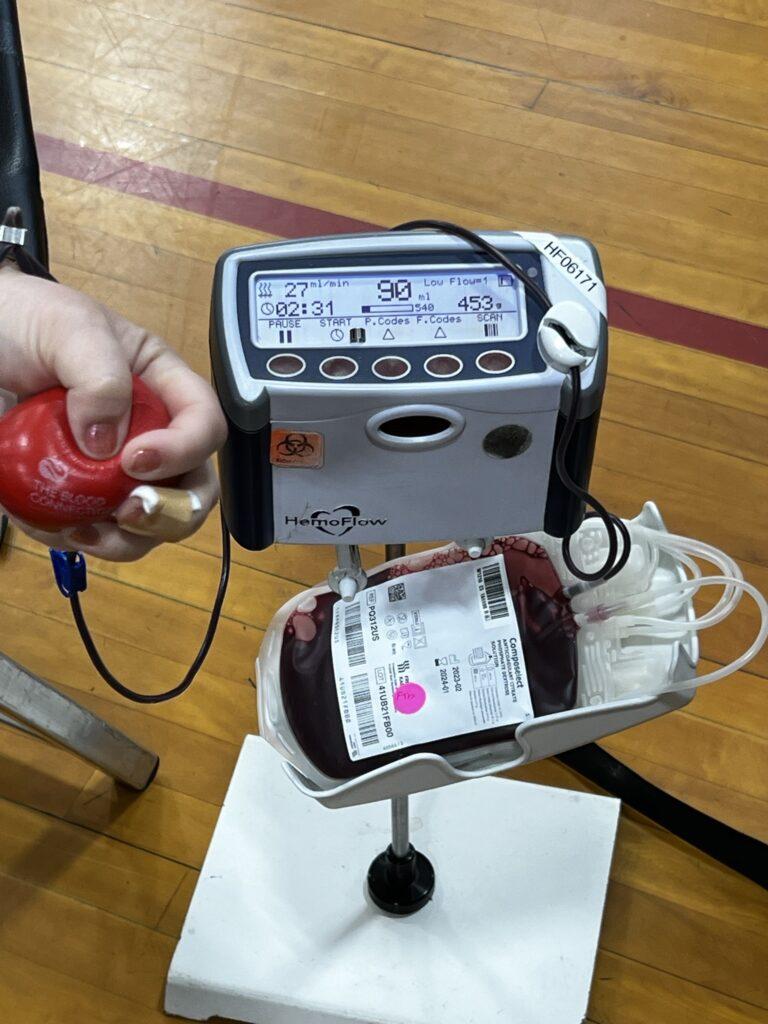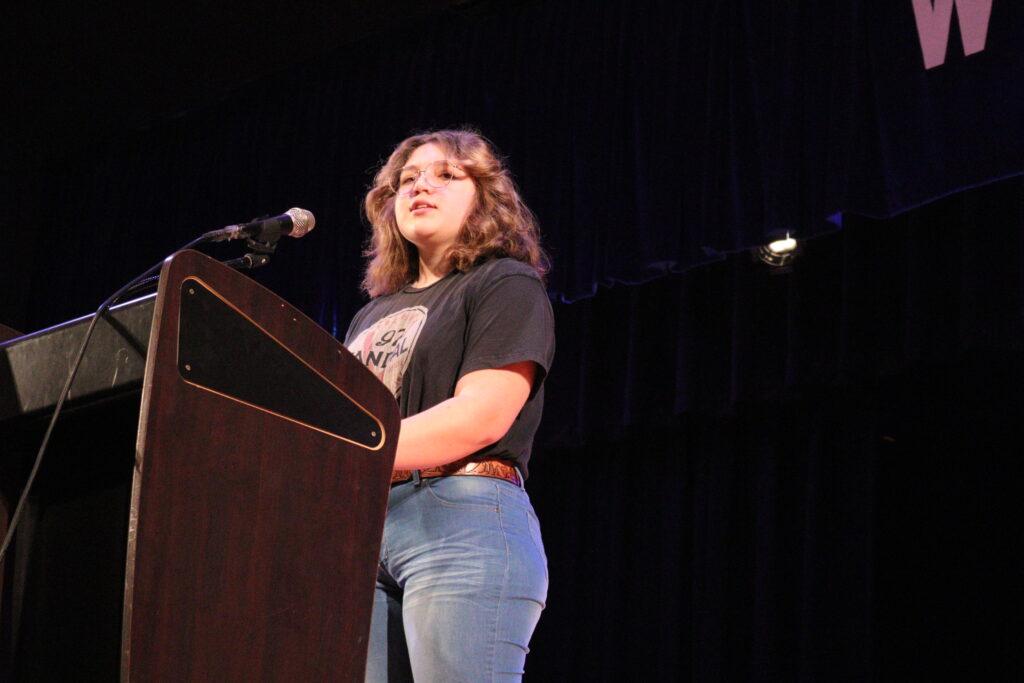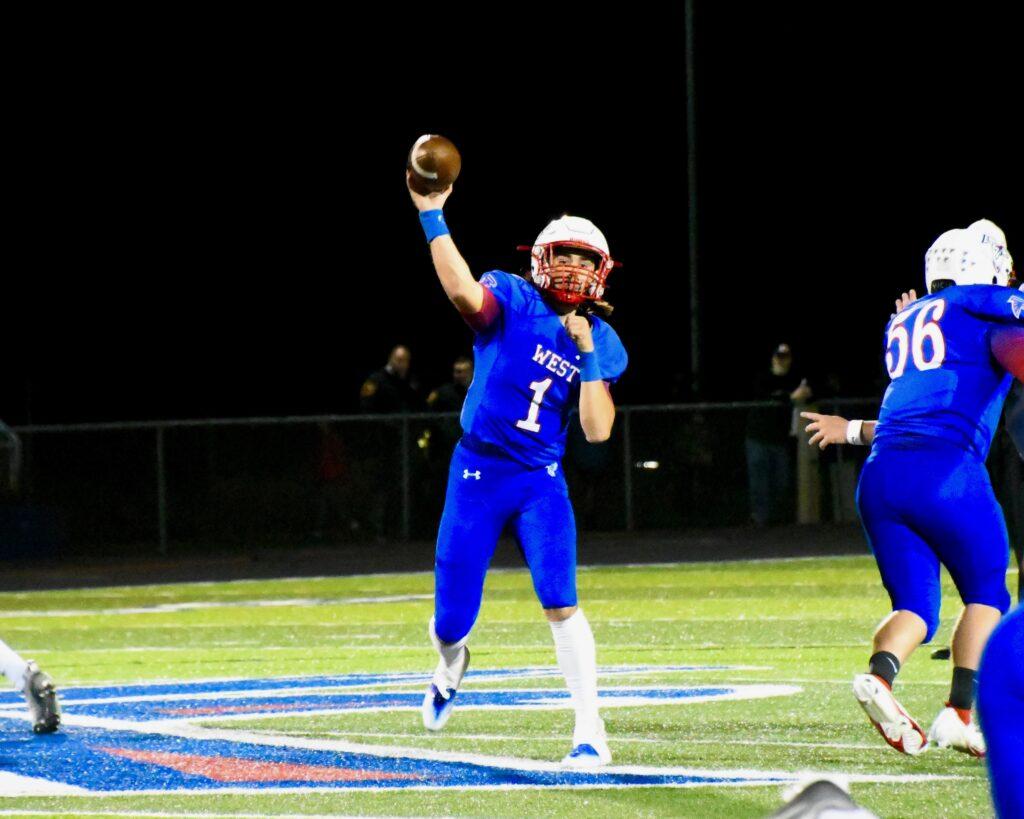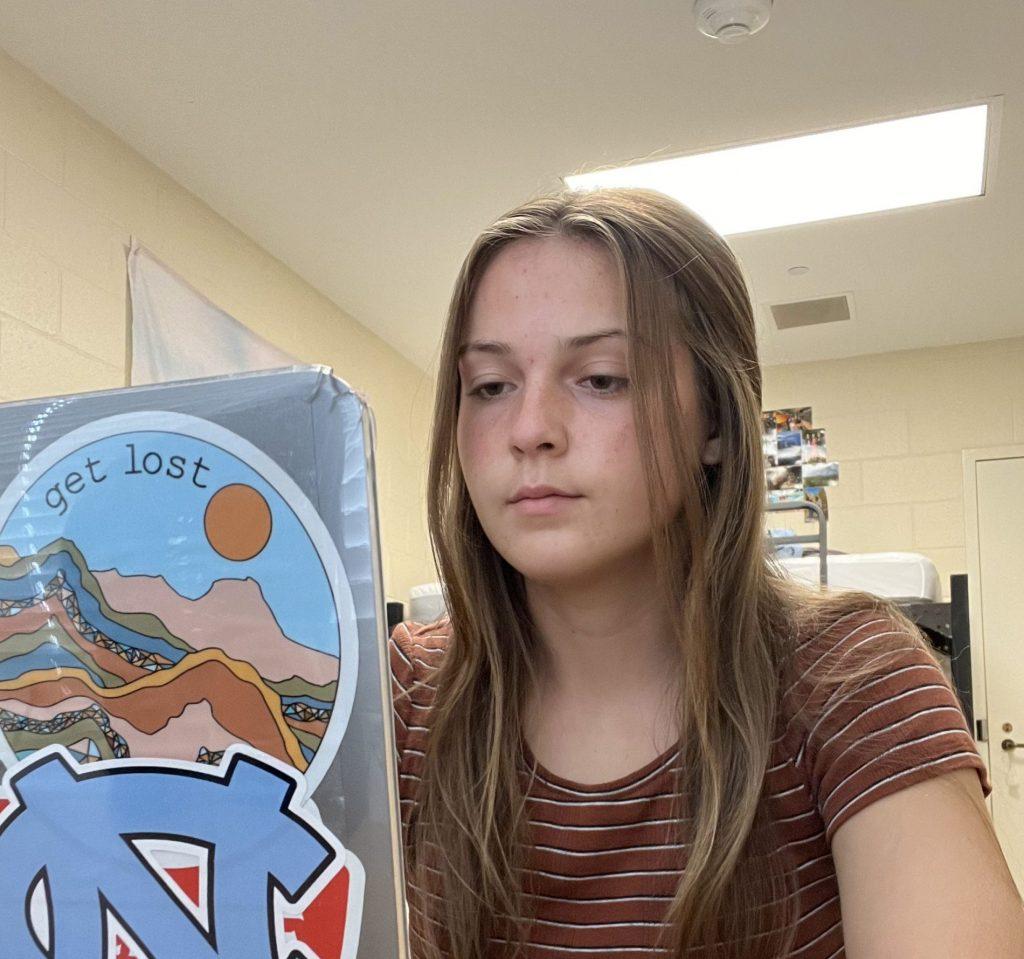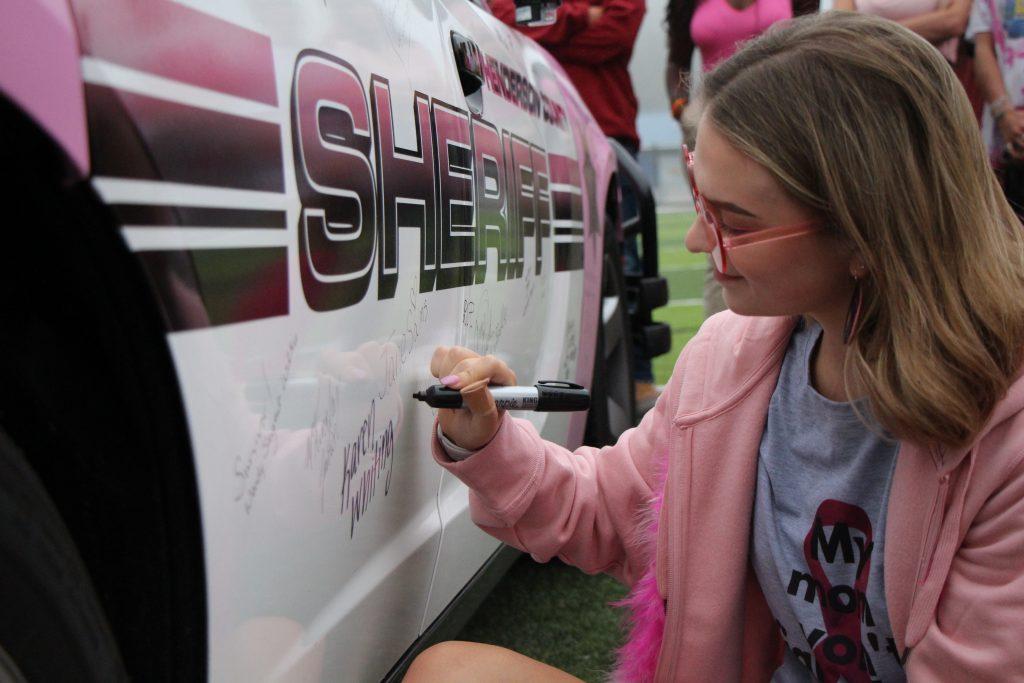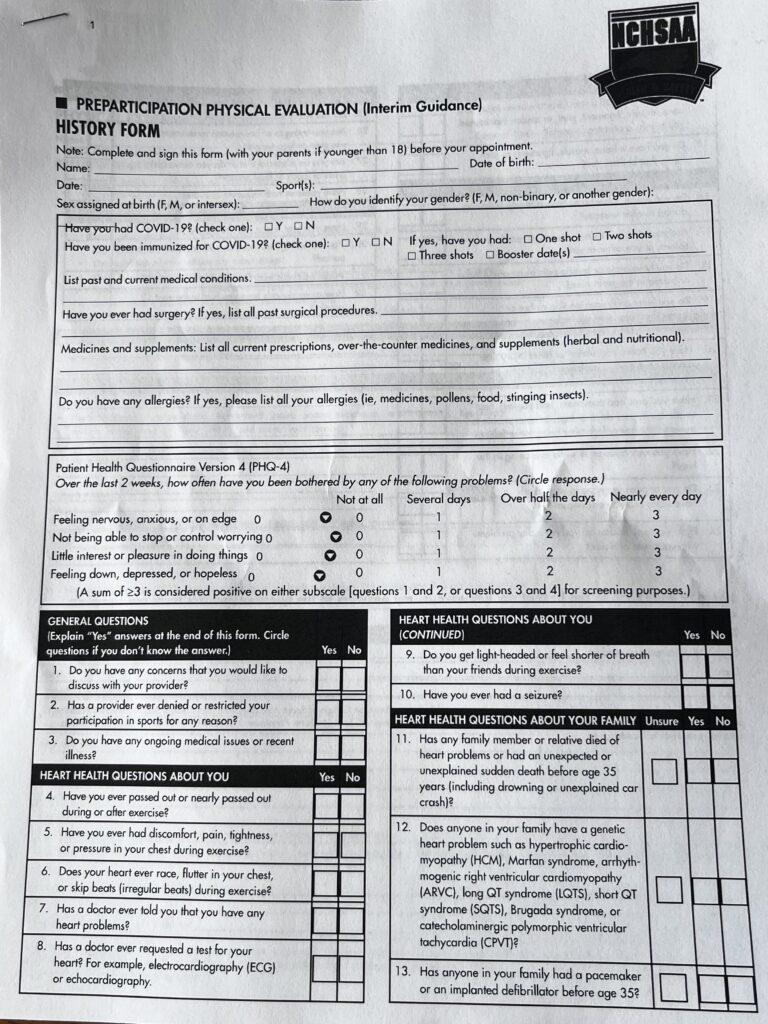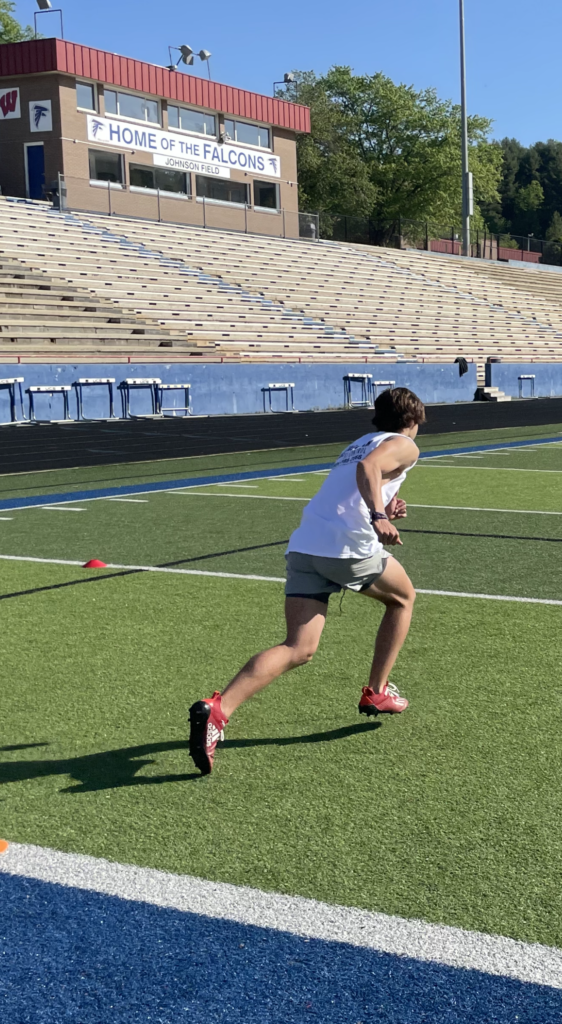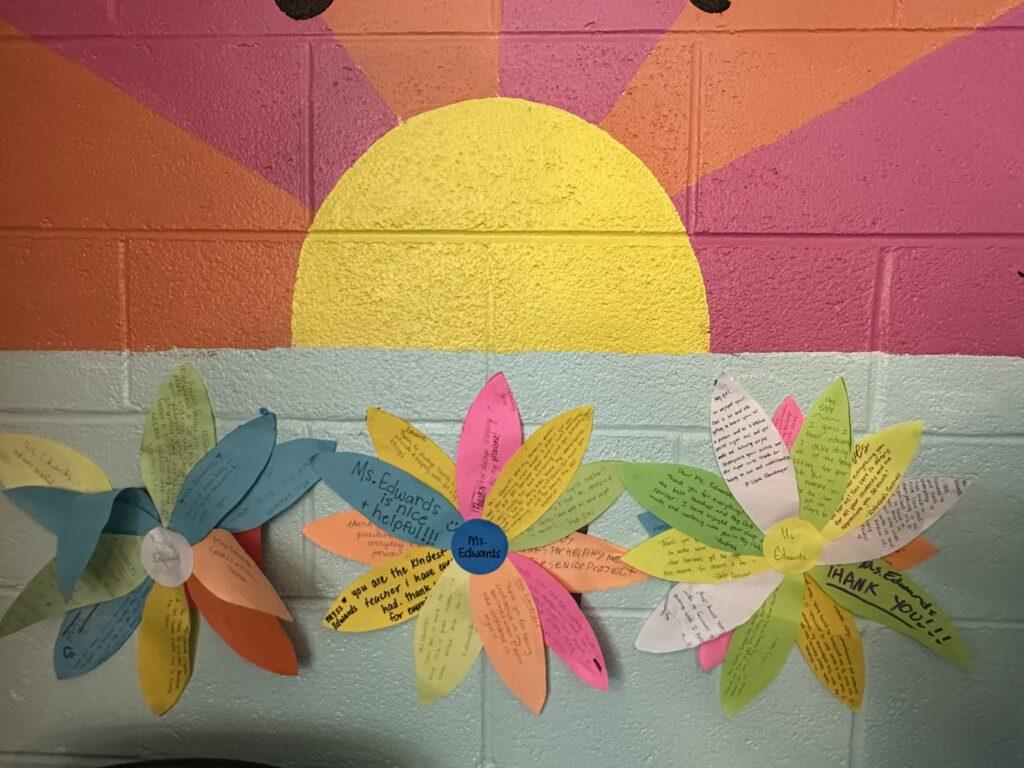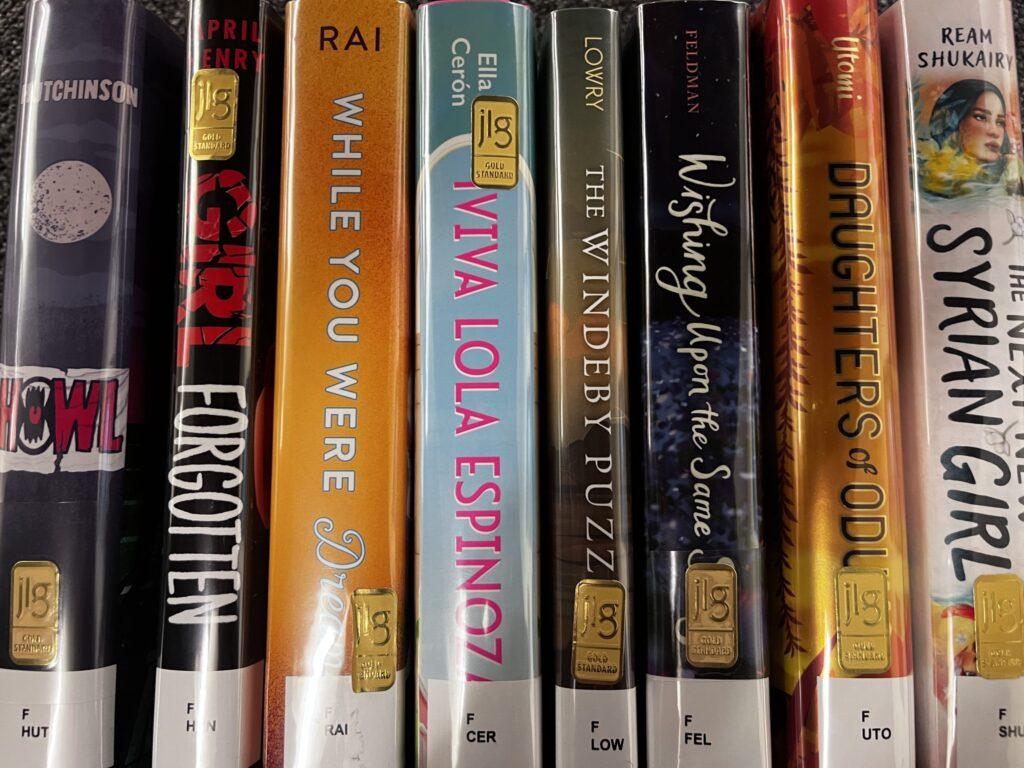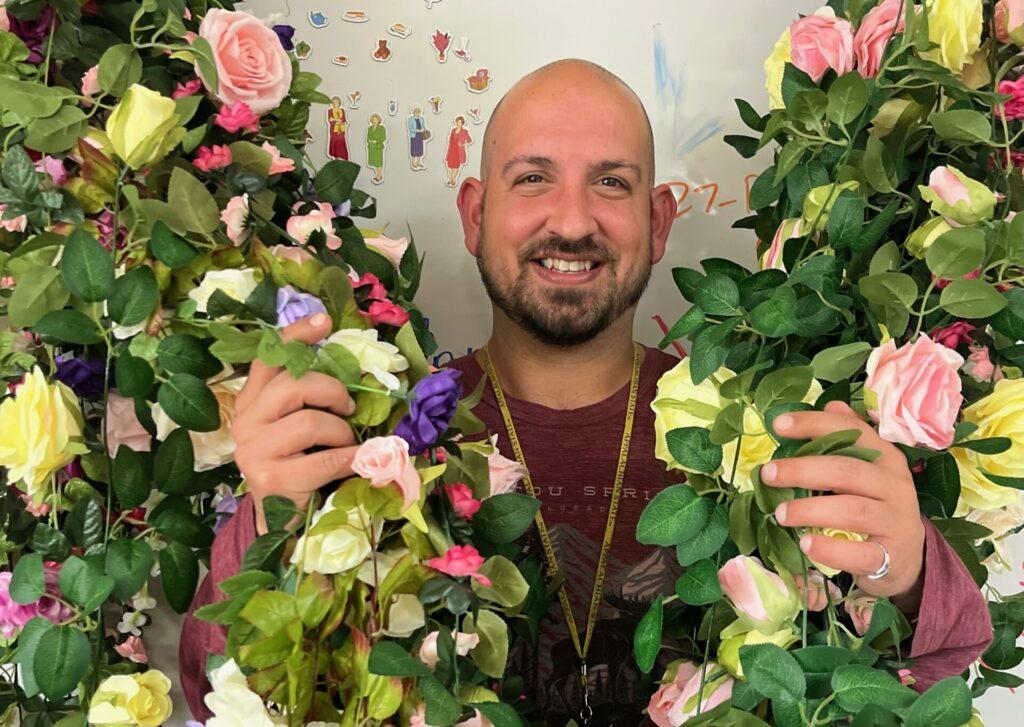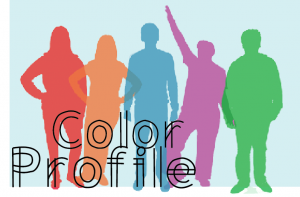 Swinging from limb to limb in a neighbor’s tree, young Jacob Washington suddenly stopped as an older man approached him. The man shook his fist in the air and shouted:
Swinging from limb to limb in a neighbor’s tree, young Jacob Washington suddenly stopped as an older man approached him. The man shook his fist in the air and shouted:
“If I catch you on my property again, I’m going to hang you by the tree you’re playing on.”
Struck with fear, Washington dropped from the tree and ran home with tears running down his face. He had lots of questions, but no answers. He was too young and couldn’t quite grasp the concept of racism.
“As people embrace the stereotypes, they influence them more and blame issues on certain races in general,” Washington, now a sophomore, said about his childhood experience. “I hear racial profiling every day, mostly in a joking matter, but it’s still there for sure.”
The Trayvon Martin and Jordan Davis murder cases in Florida recently brought attention to the topic of racial profiling.
“I feel like I’m profiled every day being at a predominantly white school,” sophomore Tyreke Dunbar said. “One of the biggest examples is playing football for an all-white team. People automatically place you as the black guy who is supposed to be really good.”
Fifty years after Martin Luther King Jr.’s “I Have a Dream” speech, some Americans are surprised that racism still exists, but West’s JROTC commander, Lt. Col. Randy Lytle, believes it does.
“A lot of innocent people are still misjudged, convicted or mistreated because of racial profiling,” Lytle said.
According to Dunbar, pop culture has influenced some stereotypes and contributes to racism. “I think it’s gotten worse because of rap music,” he said. “You hear every rapper in the gangster rap business use the n-word at least 250 times on every single one of their albums. Everyone wants to kind of talk about, ‘Oh, we go to the club, make money, spend money, buy cars, sell dope, sell drugs’ and it just kind of really impacts others who don’t do that stuff.”
According to U.S. News Online, the percentage of minorities at West is 15 percent, lower than some Henderson County schools, but Dunbar said he does not feel that going to a predominantly all-white school is a bad thing.
“It’s kind of cool. It’s got its pros and cons because you get to learn about other races and religions and how they act while you already know yours,” Dunbar said. “But there are cons because you never get to see many different ethnicities.”
Some people, like Washington, feel that there will be no end to racism in the near future.
“I’d have to say (racial profiling) has gotten worse. Obviously, there was the Trayvon Martin case and there have been several other cases where a police officer opened fire on subjects of color that didn’t have a weapon or anything to provoke them,” Washington said. “We don’t live in a perfect world, and it’s just something that we have to get along with in life.”
Dunbar feels that racial profiling and the racism behind it could be stopped.
“If everyone simply had a more civil idea about everyday life, if everyone had a fresh start and everyone got along, profiling could be stopped,” Dunbar said. “If someone does something wrong, then you put that person as doing something wrong. You don’t say someone else does something just because someone of their race does it.”
By Josh Connor

